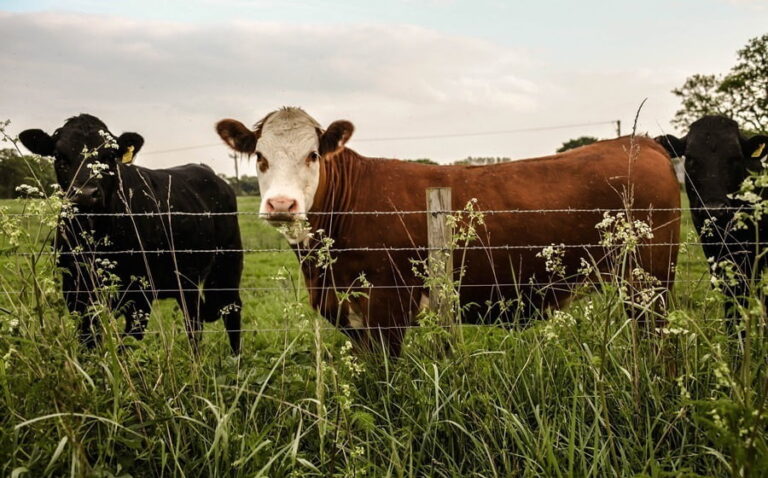The drought that has hit the United States in recent years has caused a massive liquidation of cattle herds. The effect of this drop in beef production levels is estimated at 5% compared to the previous year. This statement is based on estimates from the United States Department of Agriculture (USDA) and the Agriculture and Horticulture Development Board of the United Kingdom.
U.S. beef exports on the decline?
In this context, the US beef exports could decrease by as much as ten or eleven percent this year. In addition, this situation could cause the United States lose its place on the podium of sixth largest exporter of beef to ChinaThe country, which, in view of the fall in its economic activity, will seek cheaper prices in Brazil and Australia.
The advantage gained over the North American country will impose more competitive prices in alternative markets. This is the case of Australia, whose foreign sales will grow by 13% per year, which will paradoxically include the following countries United States as a customer, in addition to East Asia. BrazilThe company's external placements, on the other hand, rose by 4%, including in China.
A smaller share of that niche lost to United States could be captured by Argentina and UruguayThe latter are limited by the local cattle herd in each country, the unattractive exchange rate in the case of Argentina, and the export surpluses of both countries.
Beef in the world
While the North American export quota relinquishes its predominant place, world cattle productivity is not expected to show any notable ups and downs this year.
To the point that suppliers are already lined up in the catteries, such as those mentioned above: Australiawhich will increase fattening with pasture improvements by more than 10%, and BrazilThe company will rely on stimulated domestic consumption to produce an additional 2%. Also China and India will take advantage of the situation, with a share of 1% higher to export.
All this scenario will have, at the same time, a greater impact on the slaughter of young cattle. An effect on the herd that will be measured in the future. Today, everyone is rushing the meat on the barbecue.
China and the fall of its domestic consumption
In Argentina, the president of the Chamber of Meat Industry and Commerce (CICCRA), Miguel SchiaritiHe expressed his opinion on this situation.
"The slowdown in economic activity in China, which has fallen sharply, is driving commodity prices down. (commodities)The price of meat between last year and this one fell between 25 and 30%, depending on the cuts"., affirmed.
"The United States is in a downsizing phase," he said. stocks, which will avoid paying better prices than those offered by the Asian giant, given that it is having an oversupply of beef for the hamburger and processed meat market".Schiariti pointed out.
"This makes us assume that beef will not recover, until at least one year from now, the values it had in 2021 and early 2022."said the president of CICCRA.



